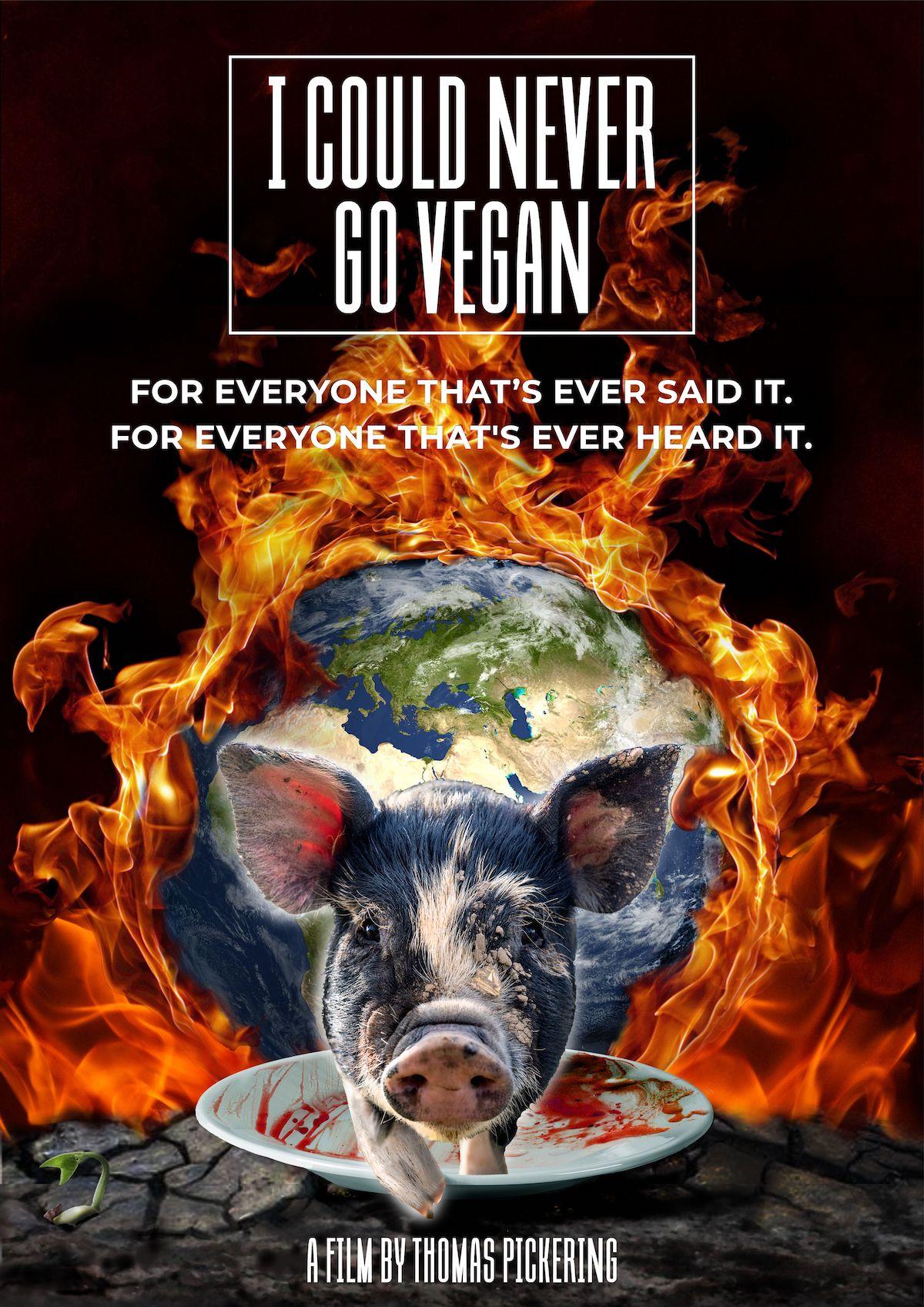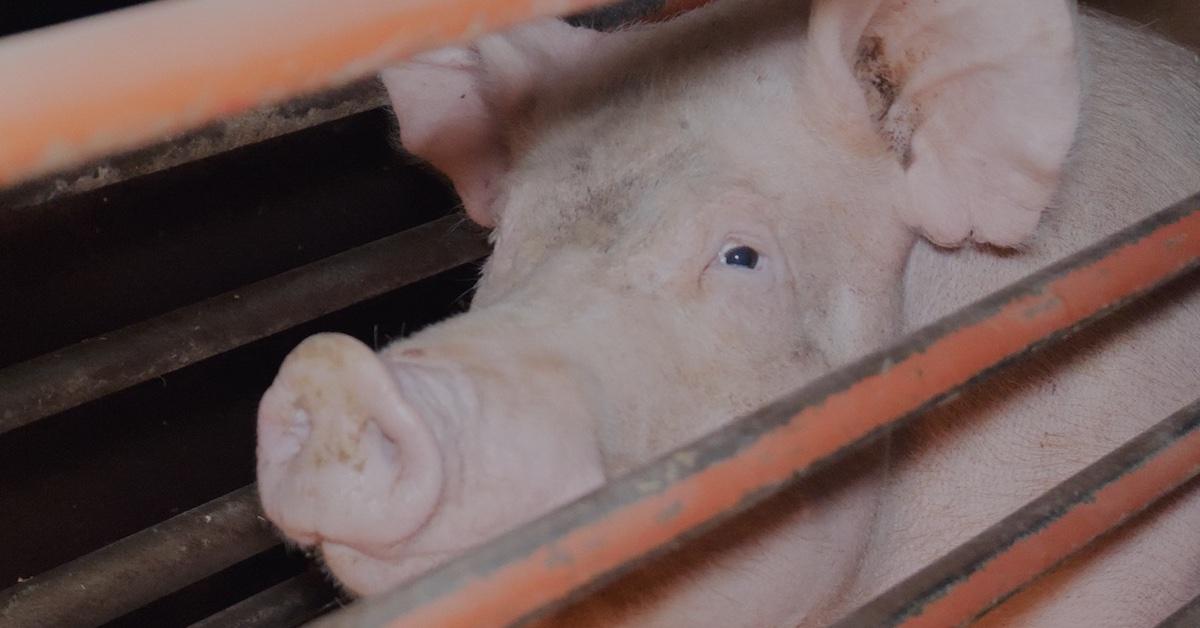Documentary 'I Could Never Go Vegan' Explores Why So Many Feel That Way
“It’s a must-see for all — whether you’re already vegan, a flexitarian, or think you could never give up steak.”
Updated March 13 2024, 11:05 a.m. ET

Pretty much every non-vegan on Earth has uttered the phrase, “I could never go vegan.” (And so has nearly every vegan, before learning about how animal agriculture affects the animals and the planet and subsequently changing their minds.)
So in response to that commonly-uttered phrase, the new documentary I Could Never Go Vegan explores the “leading reasons why people refuse to stop eating animals.”
Keep reading to find out more about the documentary, which was made in 2022, as well as info on I Could Never Go Vegan's 2024 release to the public.

‘I Could Never Go Vegan’ is a unique documentary about the vegan movement — and its opposition.
On Nov. 1, 2022, the team behind I Could Never Go Vegan first unveiled the trailer for the feature-length documentary.
“Veganism: one word that divides so many people. Have you ever stopped to question why?” director and co-producer Thomas Pickering says in the opening moments of one of the trailers. “I’m on a quest to find out why so many people around the world have said the following five words: I could never go vegan.”
The trailer then circles through a few of the typical excuses and fallacies that people provide as a defense against going vegan, such as, “plants feel pain too,” “I only buy humanely slaughtered meat,” “we’re supposed to eat meat,” and even “vegans are annoying.”
“In the film, we ask whether there’s any justification to [these excuses], or is there something else at play here?” Pickering said in a statement shared with Green Matters.
So, I Could Never Go Vegan investigates the health effects of plant-based diets vs. meat-heavy diets; how animal agriculture impacts the environment; how athletes can thrive on plant-based diets; and more.
And to help explore these topics, Thomas Pickering — and his brother James Pickering, who wrote and co-produced the film — feature a number of experts throughout the film, including activist and writer George Monbiot, author and social psychologist Dr. Melanie Joy, Plant Based Health Professionals founder and hematologist Dr. Shireen Kassam, and Olympic silver medalist Dotsie Bausch.
Additionally, the film includes interviews from slaughterhouse workers, who discuss how animals are killed for meat, as well as how working in a slaughterhouse has affected the people employed in these inhumane facilities.
James Pickering believes that I Could Never Go Vegan will “draw interest from even the staunchest meat eater.”
“The documentary is an eye-opening look into the key barriers preventing people from reducing their intake of animal products, and what will happen if we continue to eat meat at the current rate of consumption,” he stated. “It’s a must-see for all — whether you’re already vegan, a flexitarian, or think you could never give up steak.”

How to watch and stream ‘I Could Never Go Vegan’:
More than a year after the trailer's release, I Could Never Go Vegan is finally debuting to the public in April 2024.
As reported by Plant Based News, the documentary will premiere in the U.K. on April 10, 2024, at the Curzon Soho in London. There will be two other showings at Curzon theaters: in Sheffield on April 11, and Oxford on April 19. All three Curzon showings will include audience Q&As.
Then, I Could Never Go Vegan will play in select theaters across the U.K. through May 15. You can buy tickets through the documentary's website.
For those located outside of the U.K., you should be able to watch the film online very soon. Pickering told Plant Based News that after I Could Never Go Vegan arrives in theaters, the movie will follow suit and become available online internationally. We'll update this article when the streaming platform and release date is announced.
In the meantime, there are a number of other environmental and vegan documentaries available to stream online, such as Meat Me Halfway, Milked, The End of Medicine, and They're Trying To Kill Us.
This article, originally published on Nov. 1, 2022, has been updated.